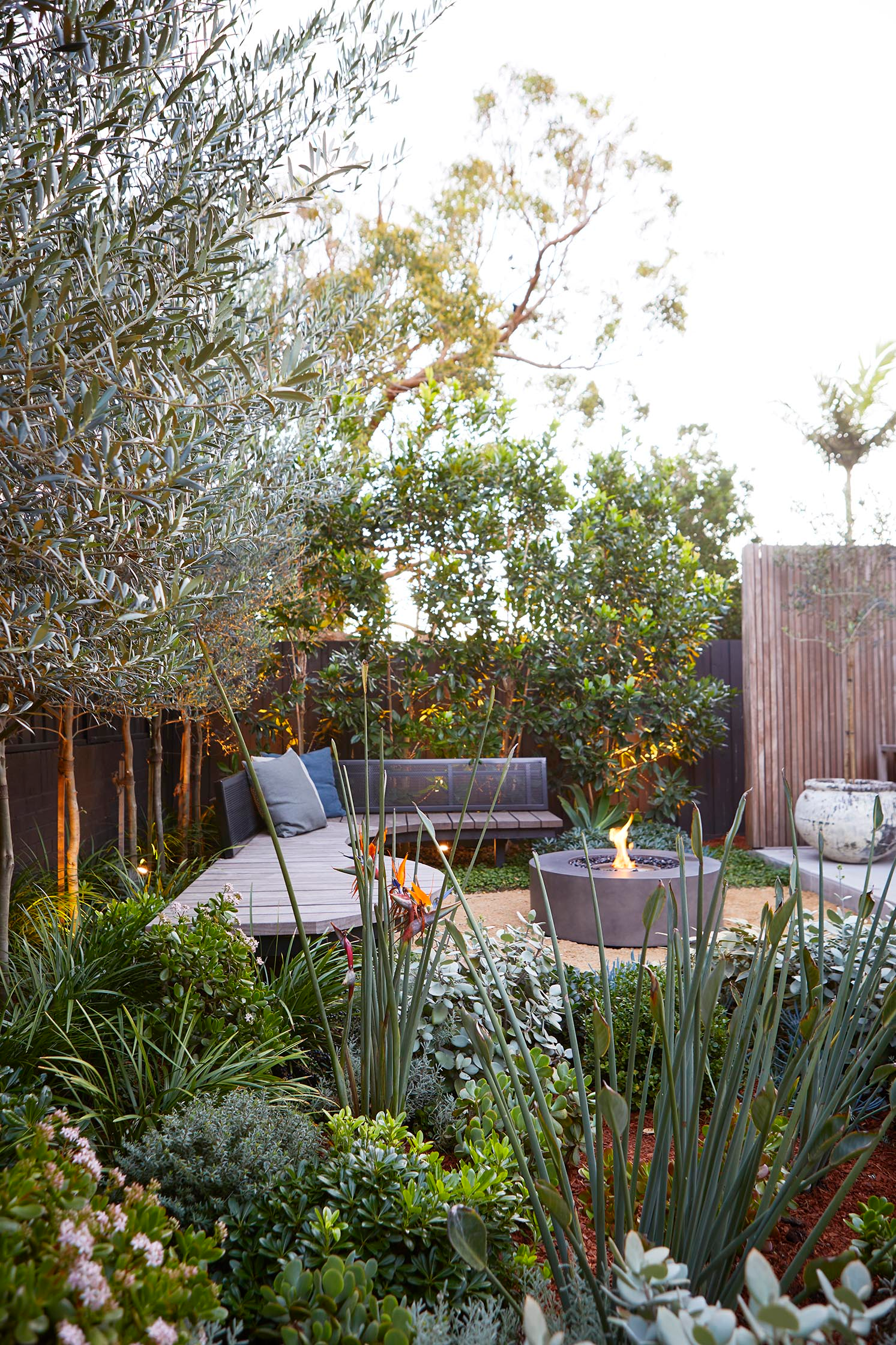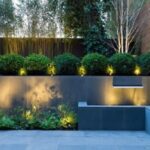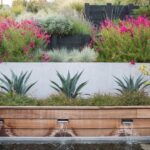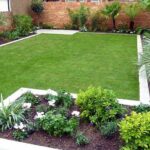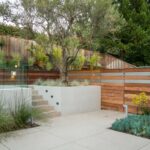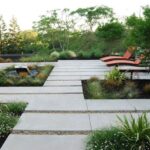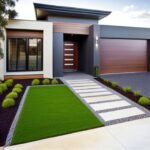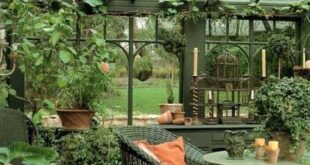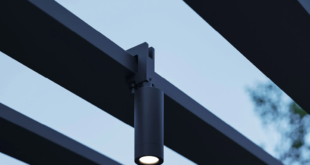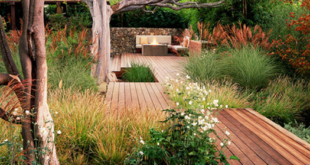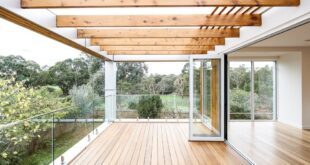Garden design has come a long way in recent years, with contemporary trends focusing on creating outdoor spaces that are not only beautiful, but also functional and sustainable. With an emphasis on incorporating indigenous plants, utilizing natural materials, and creating spaces that encourage biodiversity, contemporary garden design is all about creating a harmonious relationship between the built environment and nature.
One of the key trends in contemporary garden design is the use of indigenous plants. By incorporating plants that are native to a region, garden designers can create landscapes that are better adapted to the local climate and require less maintenance. Native plants also provide food and habitat for local wildlife, helping to promote biodiversity and create a more sustainable ecosystem.
Another trend in contemporary garden design is the use of natural materials such as wood, stone, and recycled materials. These materials not only lend a sense of authenticity and organic beauty to a garden, but they also have a lower environmental impact than traditional building materials. Wood, for example, can be used to create seating, decking, or pergolas, while stone can be used for pathways, walls, or water features. Recycled materials such as reclaimed wood or metal can also be used to create unique and eco-friendly garden elements.
Creating spaces that encourage biodiversity is also a major focus in contemporary garden design. By incorporating a variety of plant species, providing food and water sources for wildlife, and creating habitats such as meadows or ponds, garden designers can help support a diverse range of plant and animal species. This not only contributes to the overall health of the ecosystem, but also creates a more dynamic and interesting garden environment.
In addition to these trends, contemporary garden design also emphasizes creating outdoor spaces that are functional and user-friendly. This means incorporating elements such as seating areas, edible gardens, play spaces for children, and outdoor kitchens or dining areas. By designing gardens that are both aesthetically appealing and practical for everyday use, garden designers are able to create spaces that enhance the quality of life for their users.
Overall, contemporary garden design is all about creating outdoor spaces that are beautiful, sustainable, and functional. By incorporating indigenous plants, natural materials, and elements that encourage biodiversity, garden designers are able to create landscapes that are not only visually stunning, but also support the health of the environment and provide a space for people to connect with nature. Whether you have a small urban garden or a sprawling rural estate, incorporating these contemporary trends into your garden design can help you create a space that is both beautiful and beneficial for the planet.
